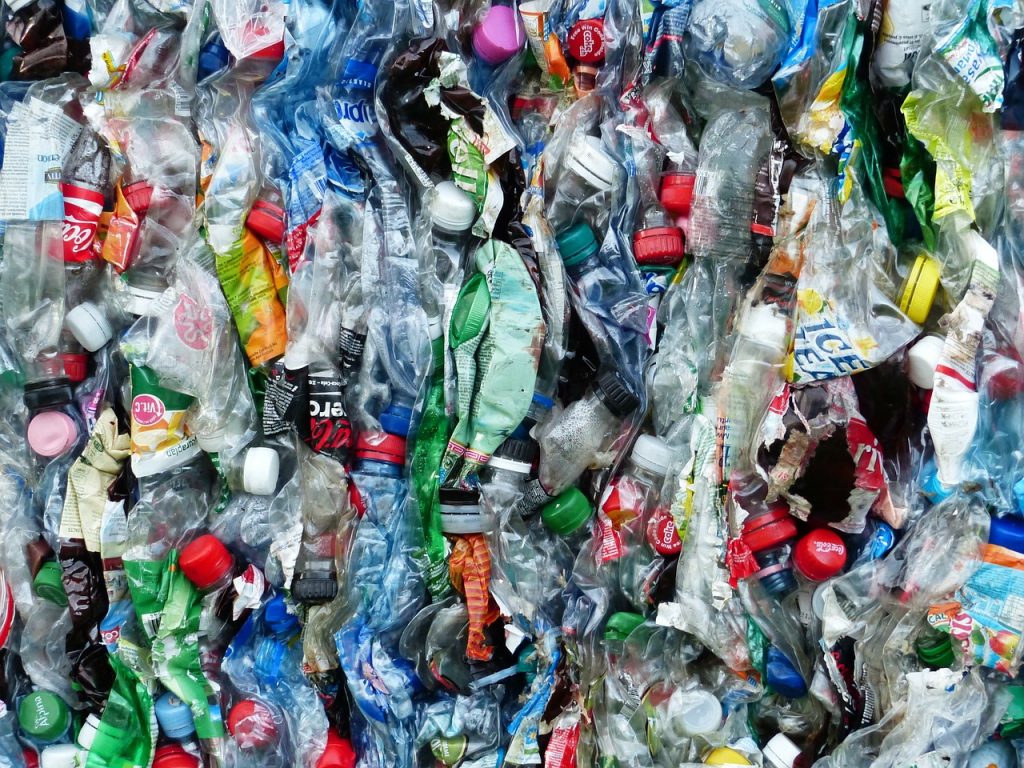Why Some States Are Changing How They Recycle
Discover why some states are completely changing how recycling is done.
This article is more than 2 years old

Recycling in the United States seems to be a broken process based on the facts and figures pertaining to the number of recyclables that end up in local landfills. In 1960, Americans generated 2.68 pounds of garbage per day and by the year 2017, these figures had grown to 4.51 pounds daily. While most Americans are passionate about recycling and the lasting carbon footprints if we don’t, much of it does not actually end up being recycled. This has caused some states to take a new approach to how they recycle by putting the responsibility on the product manufacturer versus the consumer.
According to NPR, over the past year, legislatures in Colorado, Maine, and Oregon have passed the ‘extended producer responsibility laws on packing. These laws force the manufacturers of certain types of consumer goods to pay for the disposal of the packages and the containers the products come in. These laws apply to beverage, food, and shampoo companies in order to entice them to produce their products in more environmentally friendly recycling materials that could be compostable packaging or have less packaging.
The issue with the consumer responsibility for recycling is the ease of product contamination. Recycling can become contaminated when plastic, paper, or aluminum products are placed in the incorrect recycling bin, or when a trash container gets thrown into the recycling bin. This contamination can prevent large batches of products from being recycled. Then you have the issue of certain recycling products not being processed in local facilities, which adds the cost of shipping to process the recycling in the proper facilities that can.
Recycling items that are collected by consumers, such as plastic straws, bags, eating utensils, and yogurt containers( just to name a few), often cannot be recycled by local facilities. They usually end up being incinerated, deposited in landfills, or, even worse, washed into the ocean. Incineration poses its own unique environmental complications. While incineration’s sole purpose is to use recycling to produce energy, waste-to-energy plants that use incineration as a means of trash removal have long been associated with toxic emissions.
Piggybacking what Colorado, Maine, and Oregan have done, the New York legislature is now deliberating 2 extended ‘producer responsibility bills as the next session nears its close this week. Business and Environmental lobbying groups have been fired up over what details should be outlined with the required recycling goals and who sets them. Judith Enck the founder and president of Beyond Plastics, is one of the lobbying legislators who stated: “I’m exhausted if you have the state the size of New York get it wrong on extended producer responsibility” Enck continued, “it would have a ripple effect on all the other states.”
Of course, the legislation of each state is varied on what extended producer responsibility looks like it. And what this responsibility would generally mean for recycling manufacturers who would need to track how much of each type of packing they are using. The manufacturers would be required to reimburse any government recycling programs intended for the sole purpose of handling the waste. The product manufacturers would then see fewer fees and positive incentives that would allow for more sustainable practices with the use of compostable or reusable packing. Ultimately whether or not these new strategies will work or be implemented on a national scale remains to be seen.



